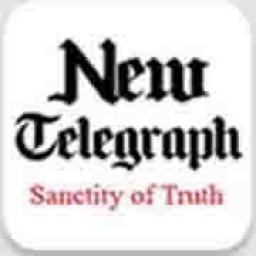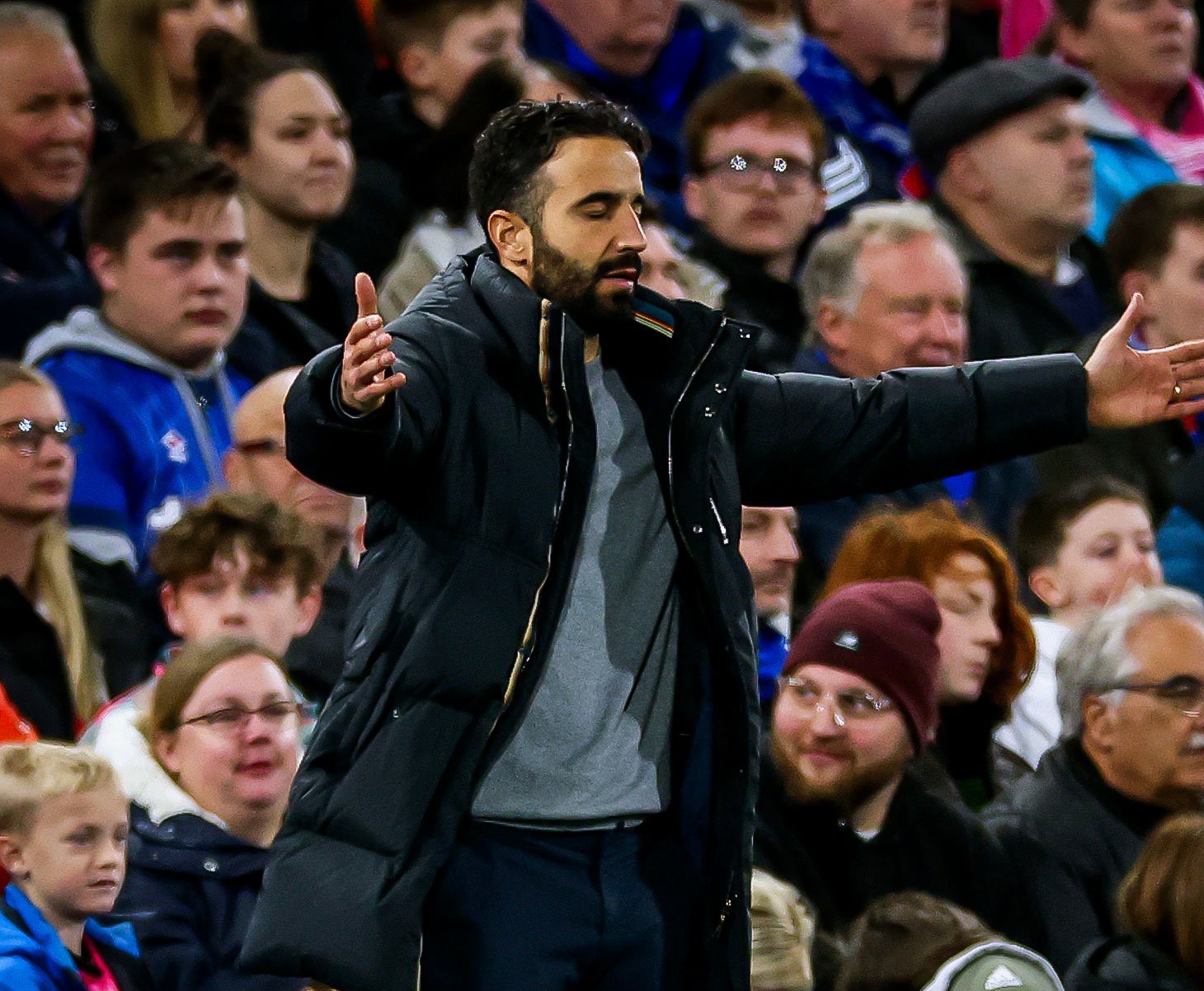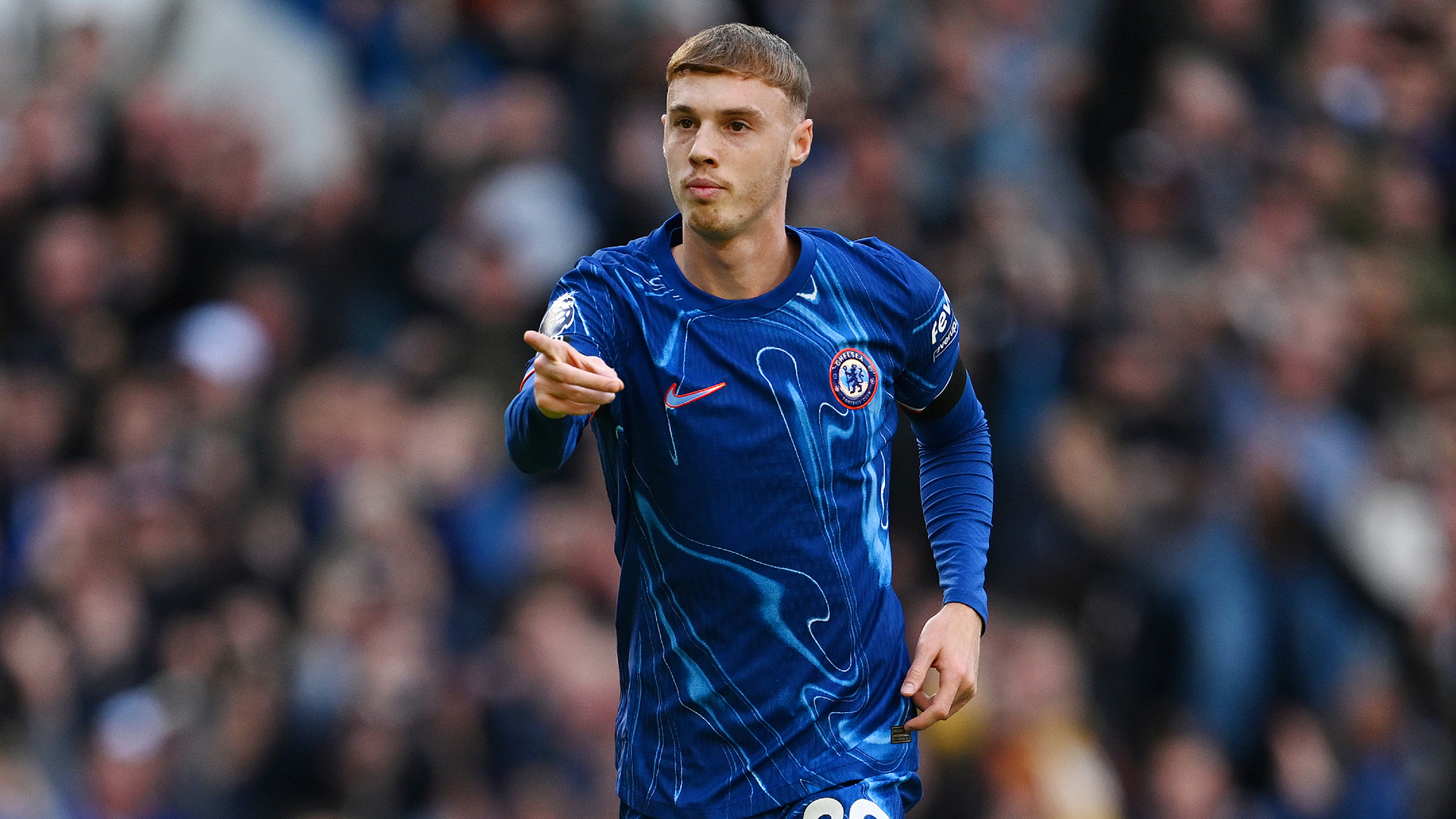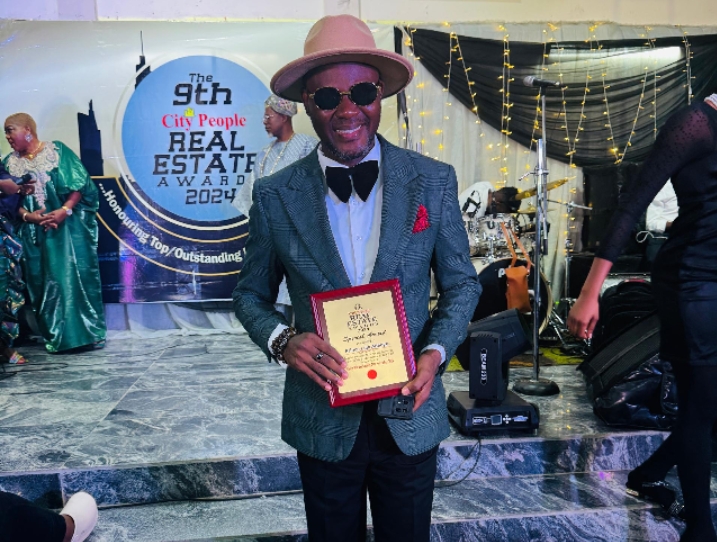Prince Adewole Adebayo was the presidential candidate of the Social Democratic Party (SDP) in the 2023 elections. In this interview with ANAYO EZUGWU, he speaks on President Bola Tinubu’s economic policies so far and former President Olusegun Obasanjo’s comment on state capture by the present administration
As someone who wanted to preside over the affairs of this country, when you contested the presidential election last year, what is your perspective on the situation in the country today?
I think they are predictably bad. They are where we said they would be. Luckily, they are not as bad as we feared given the policy options adopted and the mentality and attitude to governance adopted by many of the political parties and contestants, one of whom is now our president and commander-in-chief.
So, there is that cavalier attitude where they will not discuss policies and just assert their entitlement because they have been in politics for a long time, and their friends are everywhere.
They believe that when they come in, they will have access to patronage of power. Is it my religion or yours? Is it your tribe or mine? Is it my zone or your zone?
Those things don’t impact the lives of the people and they don’t power the ship of state. But, those were the issues that were dominant during the election. Remember there are four pillars of governance that you can use to determine if governance is taking place even if the president doesn’t talk.
There have been a number of policies put in place by the current government but there appears to be no success yet. What are your thoughts?
The policies the manufacturers are quarrelling about are their own policies. They have the same policies. The Manufacturing Association of Nigeria is almost like a historic society.
It is better called the Manufacturing Museum Association of Nigeria because there are no industries anymore. If you look at the critical sector of the economy, there is no industry.
The International Monetary Fund (IMF) is also kicking against the government policies, saying they are not working; what is your take on that? The IMF isn’t saying what we are saying. We are saying that the policies of the government don’t fit into our socio-economic situation as they don’t address our needs.
The IMF is saying that the government is not punishing us enough because they have not been able to get enough consensus for deeper reforms. The IMF is calling you a resource intensive country. They change their language every time because they change consultants who use new words for them.
They are saying that we are oil export-dependent, and as a result of that, we are not able to do the kind of reforms they want. They said that because we fall into the bracket of people who use between two and five per cent of their revenue to pay interest on loans, they see it as stress.
But, none of the indices deals with the problems we have in the country. If you keep amplifying what the IMF is saying and you put pressure on the government to react to meet the IMF’s standard, things will be worse because the errors they are committing now will make them commit more.
What would you have done if you were in their shoes?
What I would have done was to form a government; they haven’t done that till this day.
Are you saying they haven’t formed a government?
Yes, they have not. For example, naming three spokespersons for one-man shows that they are just announcing names. You need to gather all the talents in the country; that should be your first duty.
We have a problem in our constitution, which says that only one man is the government. Section 5 of the Constitution says all executive powers are vested in the government.
If you want to talk about the government today, you can only talk about President Bola Tinubu. He is the only one lawfully in government.
What about the state governors?
I am talking about the Federal Government because the states don’t run macro-economics. What they do is to run their state. They just collect money and spend it because if the broad national issues are being discussed, the president is the only executive. He has to bring talents from all over the country to form a cabinet, but he hasn’t done that.
He has named some ministers. For many of them, the only thing they know about are the routes to their office; to engage issues on their mandate is difficult.
Apart from going to the weekly executive council meeting and somebody is asked to address the media, try to track decisions they make in the federal executive council, and you see that the majority of it are mere approvals, not policy. They are like a tender’s board. They have turned themselves into a tender board, where contracts are taken to them.
Once the contract is above the ministerial level, you send it to the council and it is approved. If you look at the budget they are working on now, they have reached N45 trillion which means, technically speaking, their year two budget is worse than a leaner and worse than their year one budget because the N45 trillion, if you put it in terms of inflation and terms of the debasement of the currency, they are not able to achieve anything.
Remember they have been talking about the fact that they have gained more revenue. Secondly, they need to take control of the security of the country.
We are saying that the policies of the government don’t fit into our socio-economic situation as they don’t address our needs… Naming three spokespersons for one man shows that they are just announcing names
What exactly do you mean by forming a government because as it stands, there is a cabinet in place, comprising ministers with even two coordinating ministers supervising other ministries?
Taking one action is not the same thing as implementing policy. I can say today that if I am in government, block all the roads, but that doesn’t mean I am constructing roads.
I am just taking action. The fact that you removed the fuel subsidy doesn’t make it a proper policy because in policy analysis, the policy has its origin, including the objective you want to achieve, the countermeasure and the feedback.
The entire gamut of a thoroughly read-out policy, they don’t have it. They don’t have the uniformity and interpretation of any of the things. So, they don’t have any policy. Of course, you go to the Central Bank, what is the policy? We just float the currency, what happened?
Where is the other component of that policy? Where is the policy communication? But occasionally, they take sporadic actions which have an impact on the lives of the people; that still does not amount to a well thought-out policy.
Is it that they don’t have a policy or that Nigerians are not listening to what they are saying?
We have listened to them and they are giving us a headache because they don’t have consistency in what they are saying. They don’t want to be answerable for what they are saying.
Who is the economic spokesperson for the government? The vice president is constitutionally empowered to coordinate the economy.
Then, the Minister of Finance is given the title of coordinating minister because in that team, he has himself and the Minister of Economic Planning, but you don’t see them coordinating.
The gentleman in the ministry of health, a brilliant doctor, coordinating social welfare, cannot even run hospitals, let alone talk about social welfare.
Recently, former President Olusegun Obasanjo advised the government to change its economic policies as they are adversely affecting livelihood in Nigeria. What are your views about his comments?
Obassnjo’s comment is right in some parts. With due respect to him, I have two problems with his intervention. Don’t criticise somebody over something you have done before because they won’t listen to you; they would say you did the same thing.
Secondly, if you change your mind because we learn every day, if you change your mind about some things you did in the past, you can tell the younger one that I made a mistake in my time for not reforming the Independent National Electoral Commission (INEC).
You shuld also say I made a mistake in selling all these institutions that I sold, including NEPA, NITEL and Nigeria Airways among others.
You shouldn’t have sold them away because without that you cannot generate employment and run the economy. For example, why would you sell the Nigerian Airways?
Was it because they didn’t have aircraft? Are aircraft the real money? The real money of Nigeria Airways was the BASA agreement with billions of dollars. Even if you had no single aircraft, the fact that they had the right to fly to Brazil, America and different parts of the world was enough money on its own.
All over the world, airliners are looking for places where you have the right to fly to, but he is no longer in government now. But he can come, keep the hypocrisy aside because hypocrites can still be right. The person who doesn’t take a shower regularly can still tell you, you haven’t taken a shower today. He is correct.
What part of Obasanjo’s comment was correct?
The state capture is correct. He gave a beautiful lecture at Yale University during the Chinua Achebe lecture. The only difference he should have said was: I, together with them, we did state capture.
The fact is that state capture was done truly and if one of the participants is confessing, I don’t think we should interfere. But, the lesson to learn in that discussion is that if former President Obasanjo can be talking like this, it means that he is now looking from outside.
The bottom line is that the direction we have been taking since 1999 is not the right direction and that is why we have been having bad results.
The difference is that Obasanjo had efficiency. Obasanjo knows how to govern even when he has a bad policy. He had the presence of mind to govern, compared to those who are there now.
Obasanjo had the time to consult, he can explain; he was not too afraid of bringing talents to his government. That doesn’t mean you will agree with him on all his policies. After all, if he was successful, many of the problems the subsequent administrations met on the ground wouldn’t have been met.
Please follow and like us:

 2 hours ago
1
2 hours ago
1













